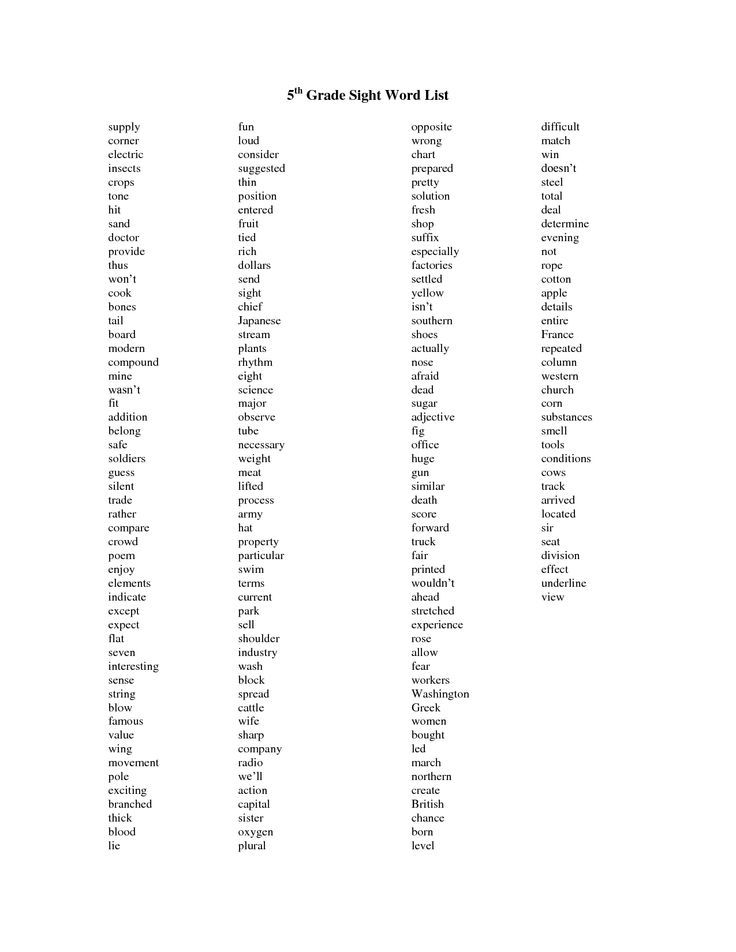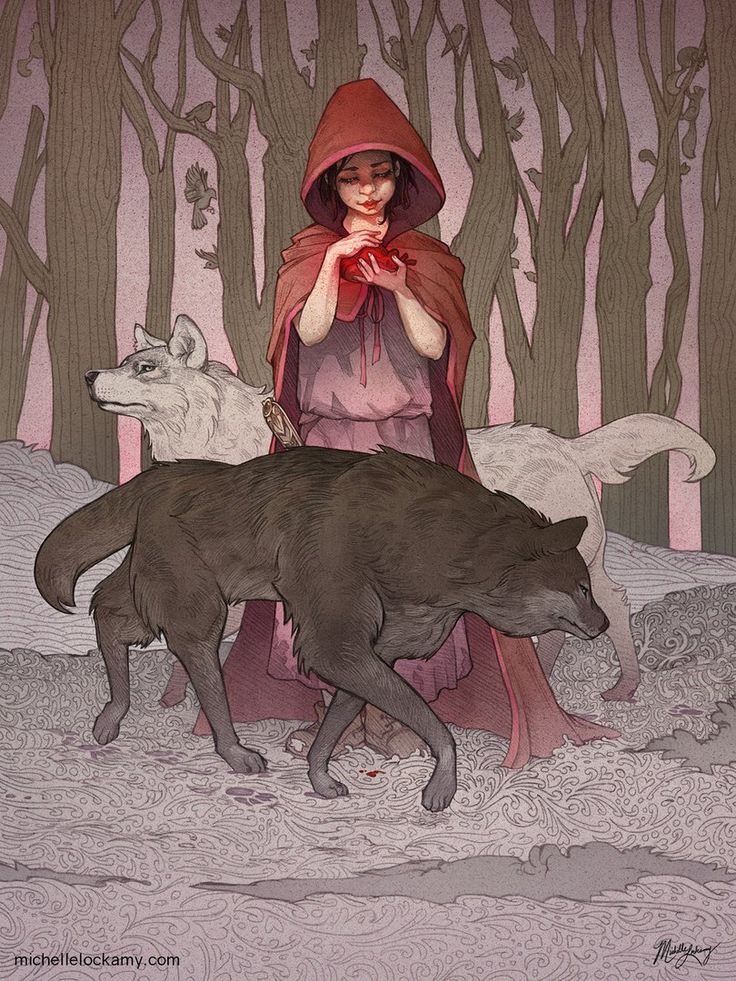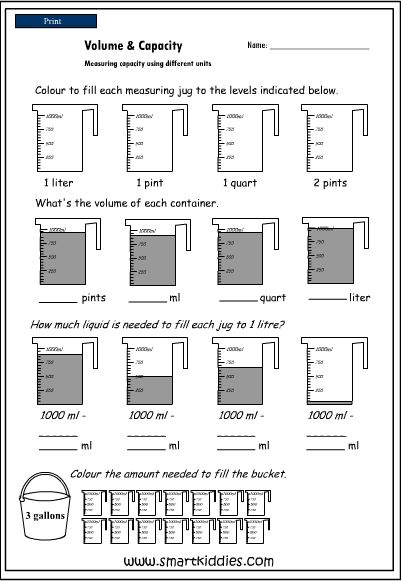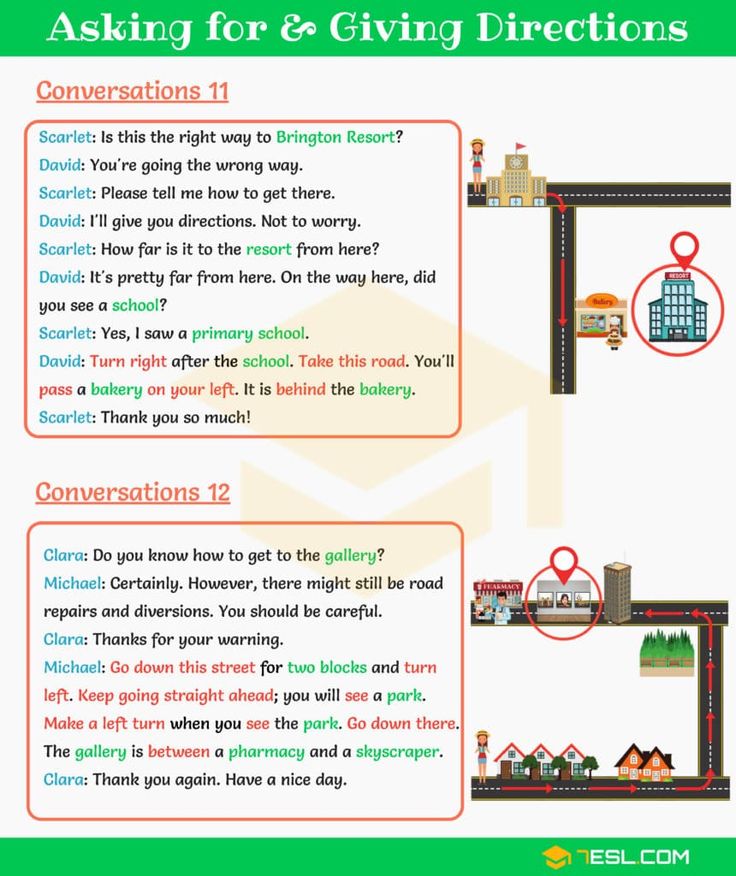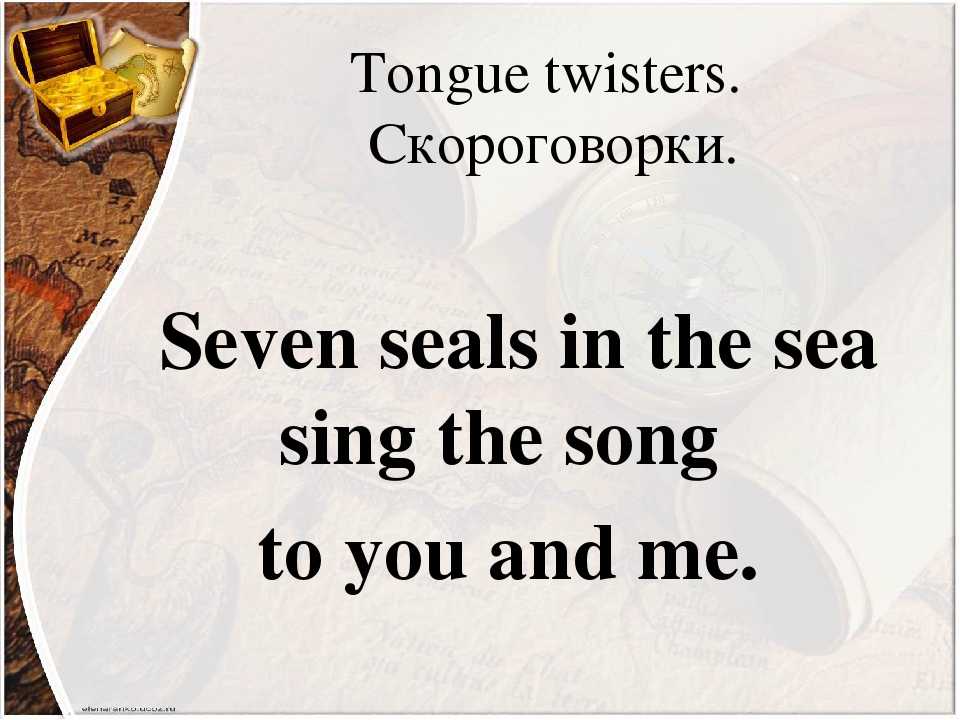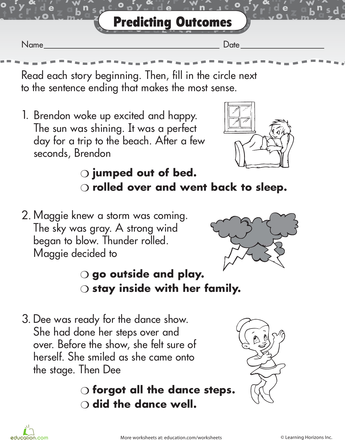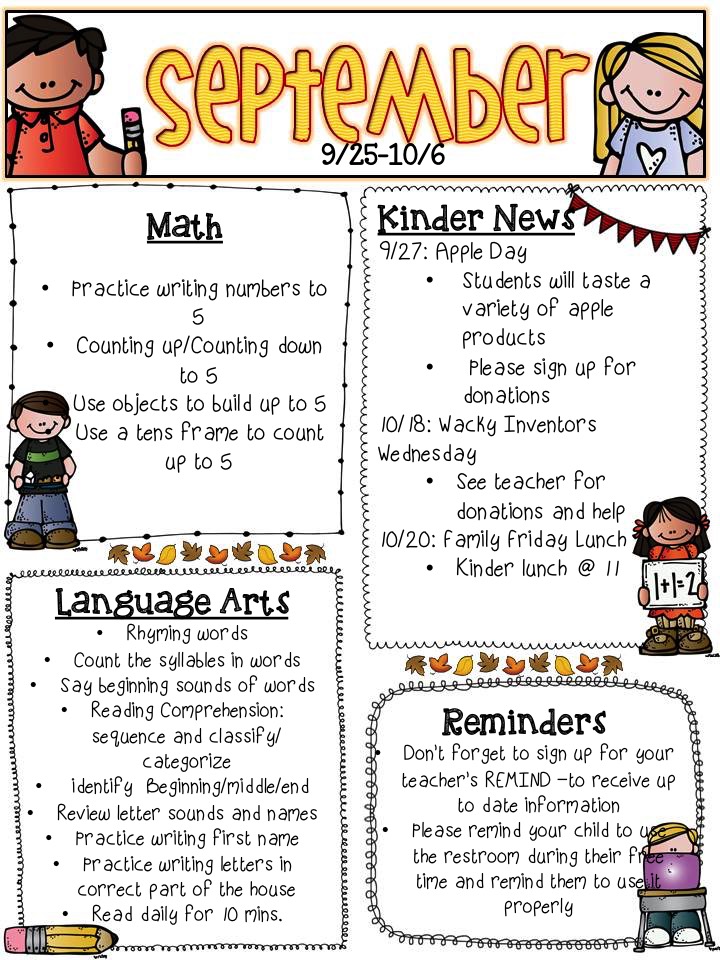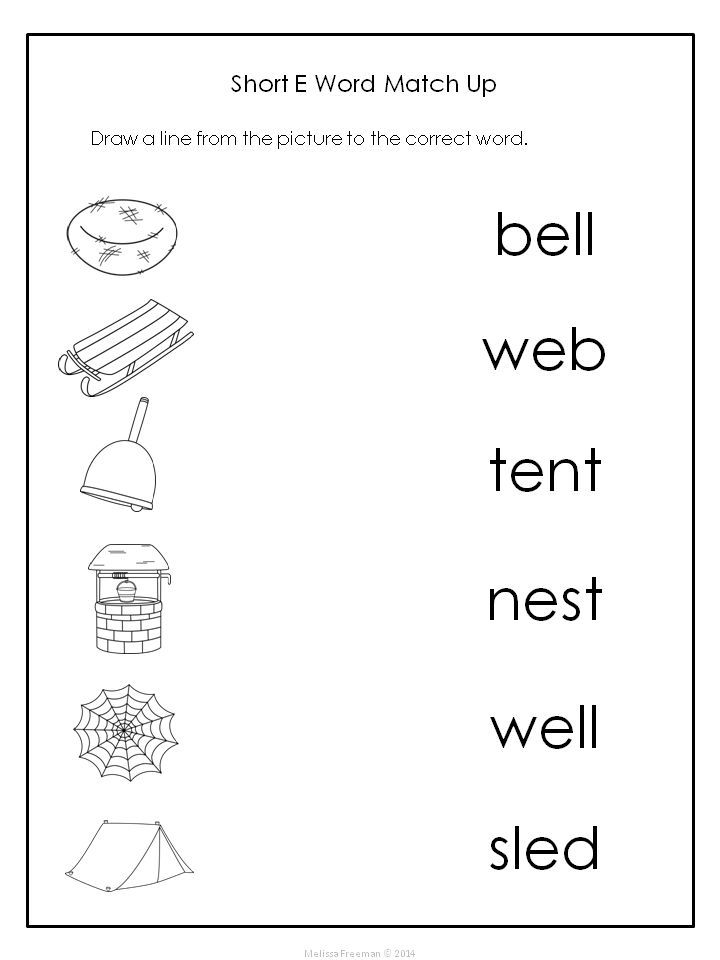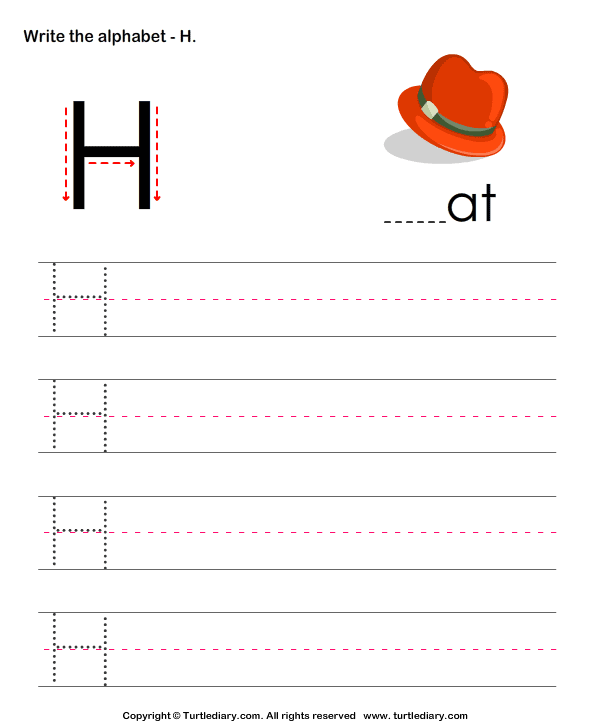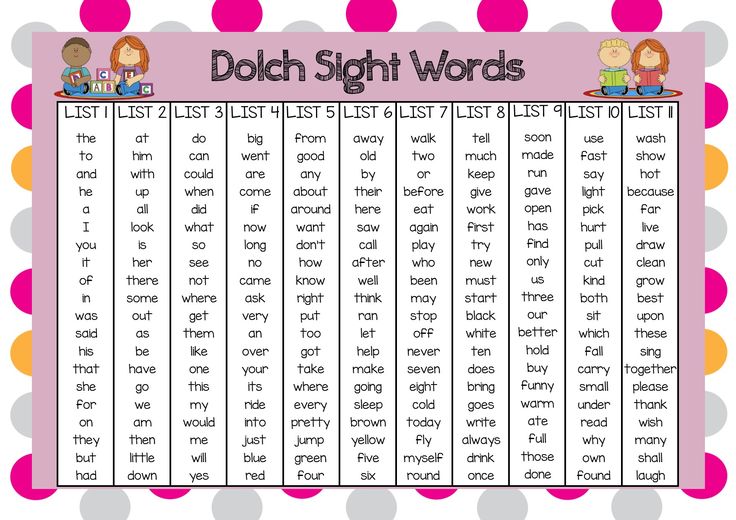List of verbs for 2nd grade
Everything 2nd Graders Need to Know About Verbs
Written by: Katie Palmer
3.3K shares
- Share219
- Tweet
Teaching verbs in 2nd grade can be SUPER fun! There are so many engaging resources and activities that can be used to help students master this skill. Check out this post for engaging verbs resources that are meaningful and ready to use!
What are Verbs?
Let’s start by defining verbs. If you look up verb in the dictionary, it says: a word used to describe an action, state or occurrence. There are three main types of verbs: action verbs, helping verbs and linking verbs.
Verb Examples
Check out these examples of each type of verb to help your students (and you) gain a better understanding of the verb types.
a) Action Verbs
The action verb is the type students are mostly likely familiar with. Action verbs describe what someone or something does. Here are some examples:
- jump
- sit
- run
- walk
- think
- read
- sleep
b) Helping Verbs
Helping verbs help the main verb describe the action. Examples:
- am
- could
- have
- are
- was
- had
- would
- were
c) Linking Verbs
Linking verbs describe a condition. You could say they link a subject to a noun or adjective in a sentence. Here are some examples:
- is
- am
- are
- was
- being
- been
- were
Bonus: Check out this post, Teaching Linking Verbs to dig into this grammar skill!
d) Irregular Verbs
These are verbs that don’t follow the “-ed” pattern when in the past tense. Examples:
- wear-wore
- feel-felt
- draw-drew
- fly-flew
- speak-spoke
- catch-caught
- do-did
To find out WAY more information on irregular verbs, head to this post: 5 Resources for Teaching Irregular Plural Nouns & Irregular Verbs.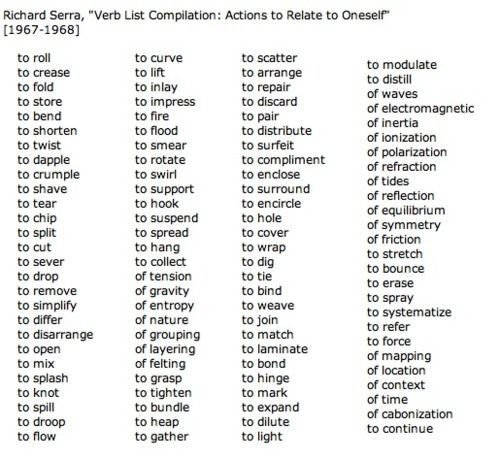
Introduction: Types of Verbs Anchor Chart
Using anchor charts does just what the name says: it anchors learning! Using a chart similar to the one below can help students differentiate types of verbs PLUS be able to identify verbs and use them in their writing.
Resources for Teaching Verbs in 2nd Grade
Okay, but you are still wondering how to teach verbs? The following resources can help with that PLUS help you figure out how to explain verbs to your students!
Books
Using picture books is a surefire way to get students engaged in a lesson. Why not use them to introduce verbs too? Check out these great reads. Note: The following are Amazon Affiliate links.
1-Slide and Slurp, Scratch and Burp-Brian P. Cleary
As you can tell just by the title, students will love this book. Ha! Brian Cleary’s grammar books give great examples of skills and his verb book does NOT disappoint!
Slide & Slurp, Scratch & Burp on Amazon
2-Press Here-Herve Tullet
Are you ready for your students to have fun?! This book has students using action verbs to read the story! A fun extension activity would be students writing their own “Press Here” books using action verbs on each page!
Press Here on Amazon
3-If You Were a Verb-Michael Dahl
Michael Dahl also has a great series with each book featuring a different grammar skill. His verb book features TONS of verbs on each page. Extension activity: create a class chart of all the verbs from the book.
His verb book features TONS of verbs on each page. Extension activity: create a class chart of all the verbs from the book.
If You Were a Verb on Amazon
Videos
We all know students love a video hook during lessons! Here are some valuable videos to teach verbs!
1-Understanding Action Verbs-Grammar Songs By Melissa
This video gives a quick intro on what action verbs are AND provides a quiz (find the verb in the sentence) at the end.
2-Introducing Linking Verbs-Grammar Songs by Melissa
This video will offer a great introduction to linking verbs.
3-Helping Verbs-Grammar Songs by Melissa
Might as well use this whole series of videos! This last video helps students understand what a helping verb is, in song format.
Printable & Digital Resources for Teaching Verbs in 2nd Grade
Now that you have taught the lessons, made the anchor chart, read the books, watched the videos, it is time for students to practice verbs! Below are some tried and true, teacher & student loved resources!
1-Identifying Verbs Toothy
This resource helps students identify verbs.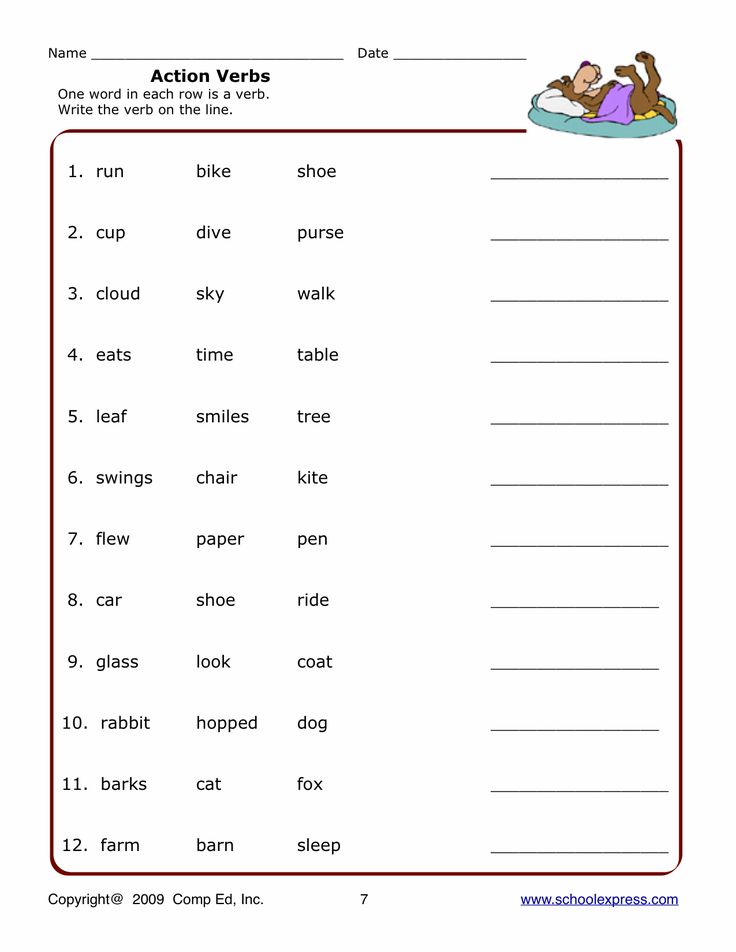 PLUS they get to draw teeth!
PLUS they get to draw teeth!
Download Identifying Verbs Toothy HERE
2-Irregular Verbs Toothy
The great thing about Toothy is that once students know how to play it, they can practice ANY skill! Check out this next featured Toothy kit: Irregular Verbs Toothy.
Download Irregular Verbs Toothy HERE
3-Verbs in a Sentence Toothy
The last Toothy kit to share today helps students practice how to use verbs in sentences.
Download Verbs in a Sentence Toothy HERE
4-Grammar Toothy Freebie
Do all these Toothy sets sound too good to be true? See ALL Grammar Toothy sets here!
Download Grammar Toothy HERE
How to Teach Other 2nd Grade Grammar Skills:
Is it time for a new concept in grammar? We have a post for that!
1st Grade Review
Nouns
Verbs (You are HERE)
Common & Proper Nouns
Types of Sentences
Capitalization
Commas
Compound Words
Complete Sentences
Contractions
ABC Order
Verb Tenses
Linking Verbs
Irregular Plural Nouns & Irregular Verbs
Punctuation
Possessive Nouns
Abbreviations
Comparative Endings
Adjectives
Antonyms & Synonyms
Pronouns
Subject-Verb Agreement
Collective Nouns
Articles
Demonstrative Pronouns
Adverbs
Multiple-Meaning Words
Prepositional Phrases
Shades of Meaning-Verbs & Adjectives
Similes & Metaphors
Homophones
Happy Teaching!
3.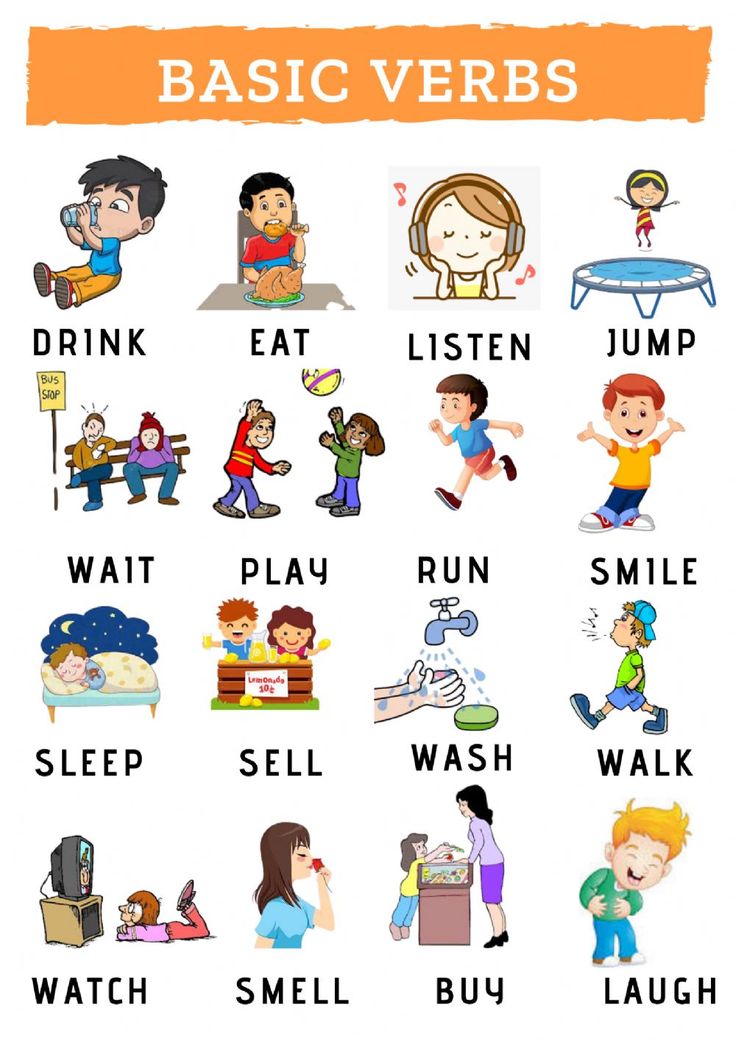 3K shares
3K shares
- Share219
- Tweet
List of Verbs for Kids
List of Verbs for Kids - Verb Online GamesA verb is a word that conveys ACTION, OCCURRENCE, or STATE OF BEING. Verbs are needed to form complete sentences or questions. In a sentence, a verb works as the main component of the predicate, the part of a sentence that indicates what the subject (person or thing) is or does. The three main types of verbs are action verbs, helping verbs, and linking verbs. Unlike most of the other parts of speech, verbs change their form. Pair our lists of verbs for kids with our fun verb online games for engaging practice!
1
Verbs Sample List
Click 'Continue' to play with this list or enter your own
-
1
-
2
-
3
-
4
2
Choose
an Activity
3
Play and Learn
Play the game using your words
Everything on Verbs | |
|---|---|
| Verbs Tenses | show when the action in the sentence takes place |
| Irregular Verbs | are verbs that do not follow the rules for changing tenses |
| Action Verbs | describe something that a person, animal, thing, or force of nature can do |
| Linking Verbs | do not describe an action, but tell about the state or condition of subjects |
| Helping Verbs | are a set of two or three consonant letters that when pronounced, retain their sound |
Verbs Tenses
A verb tense shows when the action in the sentence takes place.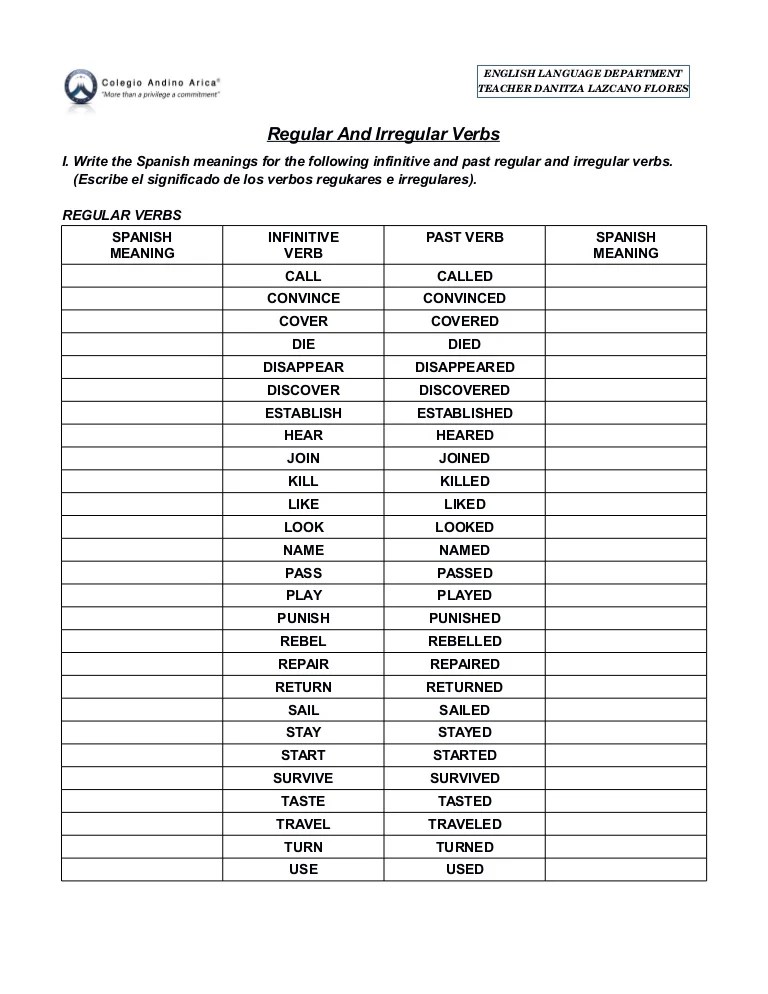 In English, there are a total of 12 verb tenses, as well as conditional tenses that indicate when an action may or may not happen.
In English, there are a total of 12 verb tenses, as well as conditional tenses that indicate when an action may or may not happen.
The three main tenses on lists of verbs for kids are:
- Past – an action has already happened
- Present – an action is currently happening
- Future – an action will happen at a later time
Verbs are conjugated to communicate details, such as person, number, gender, tense or mood. The following table shows the verb “walk” conjugated to the three main verb forms with the subject being “I”.
Verb Tenses List | |
|---|---|
| Past | Yesterday, I walked to the park. |
| Present | I walk to the park. |
| Future | Next week, I will walk to the park. |
A verb like “walk” is a regular verb because it follows set rules when conjugated (adding -ed to indicate past tense, for example).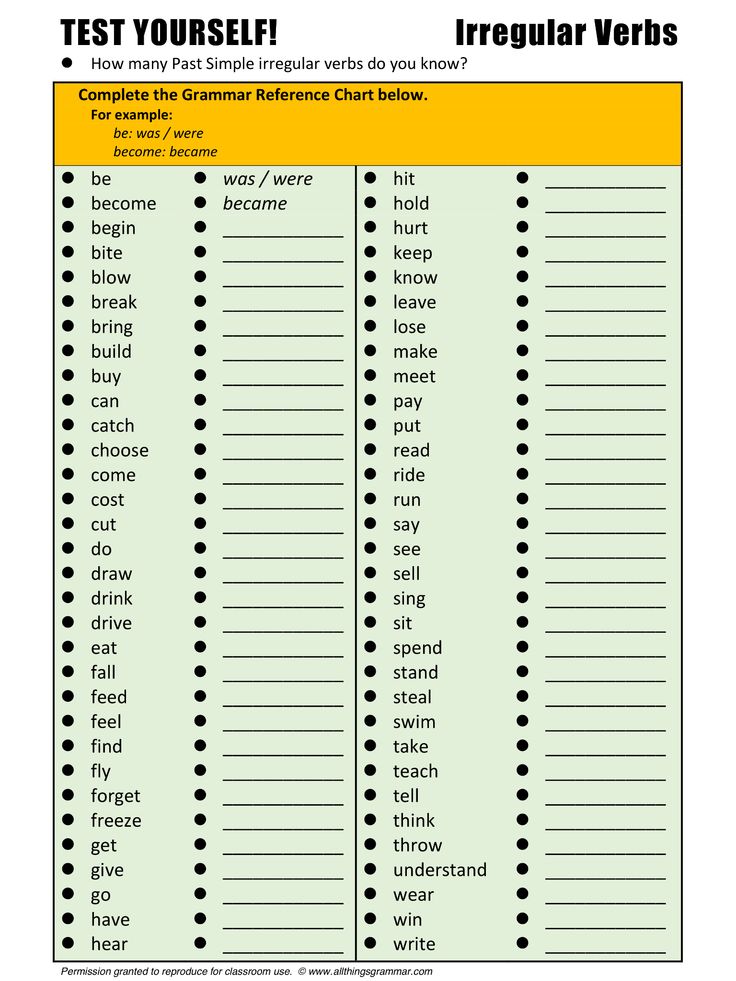 Irregular verbs, however, are verbs that do not follow the rules for changing tense. For instance,the verb “sing” is an irregular verb. It does not follow the rule for past tense verbs as “sanged,” but rather as the irregular conjugation “sang.”
Irregular verbs, however, are verbs that do not follow the rules for changing tense. For instance,the verb “sing” is an irregular verb. It does not follow the rule for past tense verbs as “sanged,” but rather as the irregular conjugation “sang.”
Irregular Verbs List | |
|---|---|
| Verb | Past Tense |
| break | broke |
| buy | bought |
| do | did |
| drive | drove |
| eat | ate |
| feel | felt |
| find | found |
| grow | grew |
| have | had |
| ring | rang |
Types of Verbs
Not all verbs serve the same function. Verbs fall into three basic categories: action, linking, and helping.
Action Verbs
Action verbs describe something that a person, animal, thing, or force of nature can do.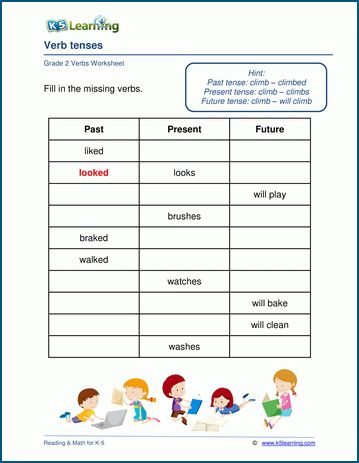 Verbs like run or jump are examples of action verbs.
Verbs like run or jump are examples of action verbs.
Action Verbs Lists | |||
|---|---|---|---|
| K-2 Verbs | 3-5 Verbs | 6-8 Verbs | 9-12 Verbs |
| eat | climb | compose | negotiate |
| run | grasp | emphasize | fluctuate |
| jump | borrow | interrupt | modify |
| drink | laugh | persuade | extinguish |
| walk | paint | investigate | thrive |
| chop | observe | erupt | eavesdrop |
| sing | rescue | adjust | acquire |
| act | search | vibrate | abolish |
| kick | travel | pursue | confiscate |
| mix | celebrate | verify | plunder |
Linking Verbs
Linking verbs do not describe an action, but tell about the state or condition of subjects. They link the subject with either a noun that renames it or an adjective that describes it. For example, the word “am” in the sentence “I am tall” describes the subject. There are some action verbs that function as linking verbs, such as grow. In the sentence “He grows tired,” the verb describes the subject rather than an action, so it works as a linking verb. Below are a list of other linking verbs.
They link the subject with either a noun that renames it or an adjective that describes it. For example, the word “am” in the sentence “I am tall” describes the subject. There are some action verbs that function as linking verbs, such as grow. In the sentence “He grows tired,” the verb describes the subject rather than an action, so it works as a linking verb. Below are a list of other linking verbs.
Linking Verbs List | |
|---|---|
| Forms of be | be, am, is, are, was, were, been, being |
| Other linking verbs | appear, become, feel, grow, look, seem, remain, smell, sound, stay, taste, turn |
Helping Verbs
Helping verbs do not express action, and they cannot stand alone in a sentence without another verb present. They are part of verb phrases that “help” the main verb. Helping verbs define the tense (past, present, future) or change the meaning of the main verb.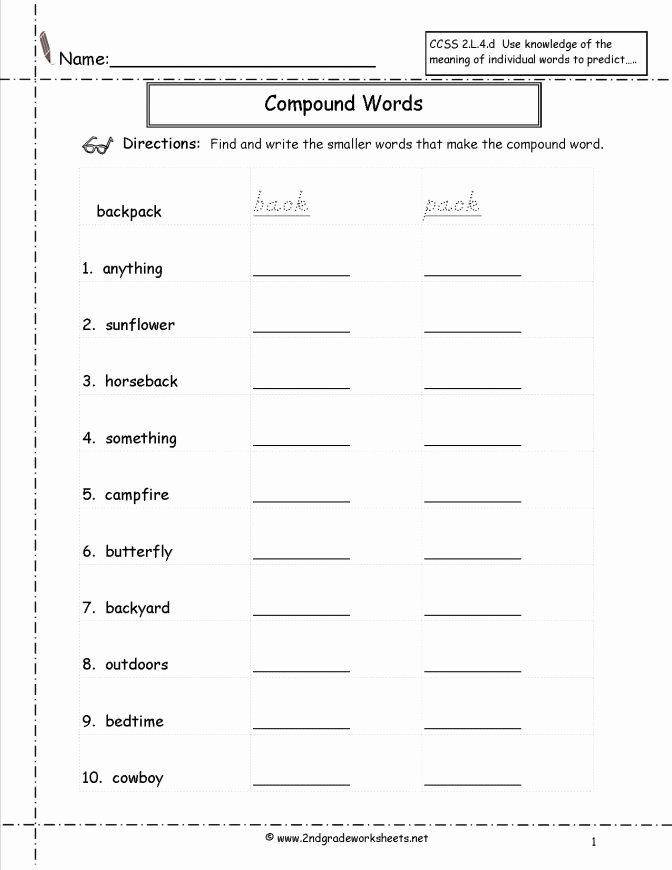 The verb “will” functions as a linking verb in the sentence “He will eat” because it helps the main verb “eat” and indicated a future tense. Some common helping verbs:
The verb “will” functions as a linking verb in the sentence “He will eat” because it helps the main verb “eat” and indicated a future tense. Some common helping verbs:
Helping Verbs List | |||
|---|---|---|---|
| will | must | must | had |
| had | do | shall | may |
| was | am | did | did |
| have | were | is | does |
| should | has | been | are |
| being | could | might | having |
The following table shows 50 common English verbs conjugated in the past, present, and future tense using the subject “I.” These are commonly found on lists of verbs for kids.
Common English Verb Lists | |||
|---|---|---|---|
| Verb (base form, infinitive) | Past Tense | Present Tense | Future Tense |
| to ask | asked | ask | will ask |
| to be | was | am | will be |
| to become | became | become | will become |
| to bring | brought | bring | will bring |
| to build | built | build | will build |
| to buy | bought | buy | will buy |
| to call | called | call | will call |
| to change | changed | change | will change |
| to come | came | come | will come |
| to cut | cut | cut | will cut |
| to do | did | do | will do |
| to draw | drew | draw | will draw |
| to eat | ate | eat | will eat |
| to fall | fell | fall | will fall |
| to feel | felt | feel | will feel |
| to find | found | find | will find |
| to get | got | get | will get |
| to give | gave | give | will give |
| to go | went | go | will go |
| to have | had | have | will have |
| to hear | heard | hear | will hear |
| to help | helped | help | will help |
| to hope | hoped | hope | will hope |
| to keep | kept | keep | will keep |
| to know | knew | know | will know |
| to learn | learned | learn | will learn |
| to let | let | let | will let |
| to live | lived | live | will live |
| to make | made | make | will make |
| to move | moved | move | will move |
| to need | needed | need | will need |
| to play | played | play | will play |
| to put | put | put | will put |
| to read | read | read | will read |
| to run | ran | run | will run |
| to say | said | say | will say |
| to sell | sold | sell | will sell |
| to show | showed | show | will show |
| to stop | stopped | stop | will stop |
| to take | took | take | will take |
| to talk | talked | talk | will talk |
| to tell | told | tell | will tell |
| to think | thought | think | will think |
| to try | tried | try | will try |
| to turn | turned | turn | will turn |
| to use | used | use | will use |
| to walk | walked | walk | will walk |
| to want | wanted | want | will want |
| to work | worked | work | will work |
| to write | wrote | write | will write |
Share:
Learn English Verbs Grade 2
SBP-Program
get knowledge here
English Grade 2 verb to be
The verb to be, which translates to "to be", is very important in English.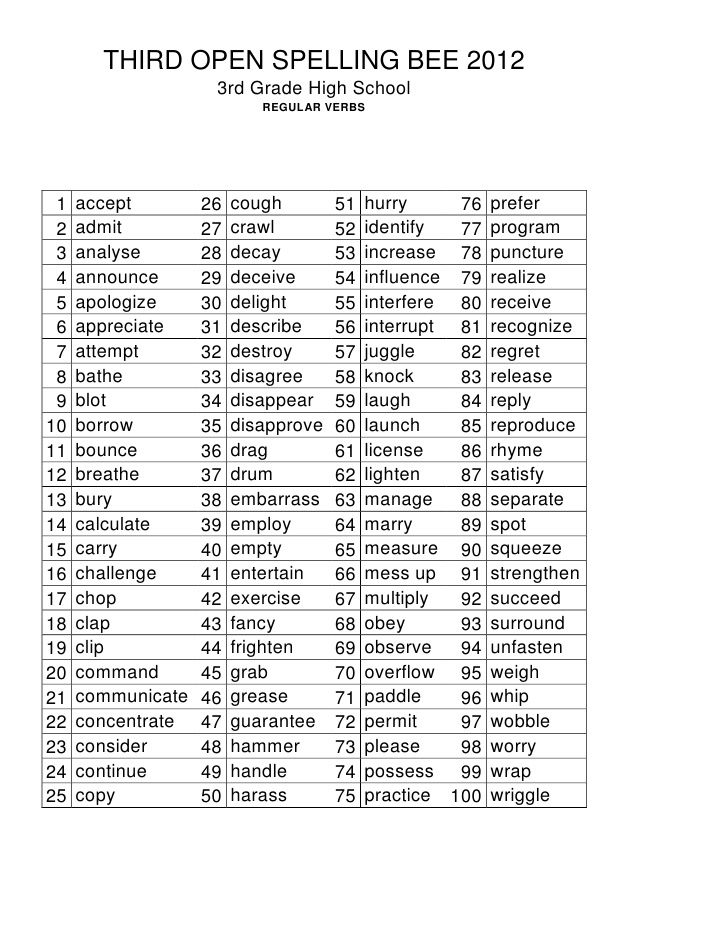
Many sentences are built using this verb.
The verb to be must be known, at a good level and easy to apply.
Conjugation of the verb to be
To conjugate a verb means to change it according to persons. Let's see how the verb to be is conjugated by faces.
I am [aɪ æm] “ay um” – I am;
he is [hiː ɪz] “hee from” – he is;
she is [ʃiː ɪz] “soup from” – she is;
it is [ɪt ɪz] “it from” – it is;
we are [wiː ɑː] “ui a” – we are;
you are [juː ɑː] “you are” – you are;
they are [ðeɪ ɑː] “zay a” – they are
Learn by heart the conjugation of the verb to be. Without knowing the conjugation of the verb to be, it will be very difficult for you to further study English.
to be – verb link
The verb to be is often used as a linking verb.
Examples of the verb to be:
In the example "am" is a linking verb. The sentence I am a boy literally translates "I am a boy", the verb "am" ("to eat") and is a linking verb.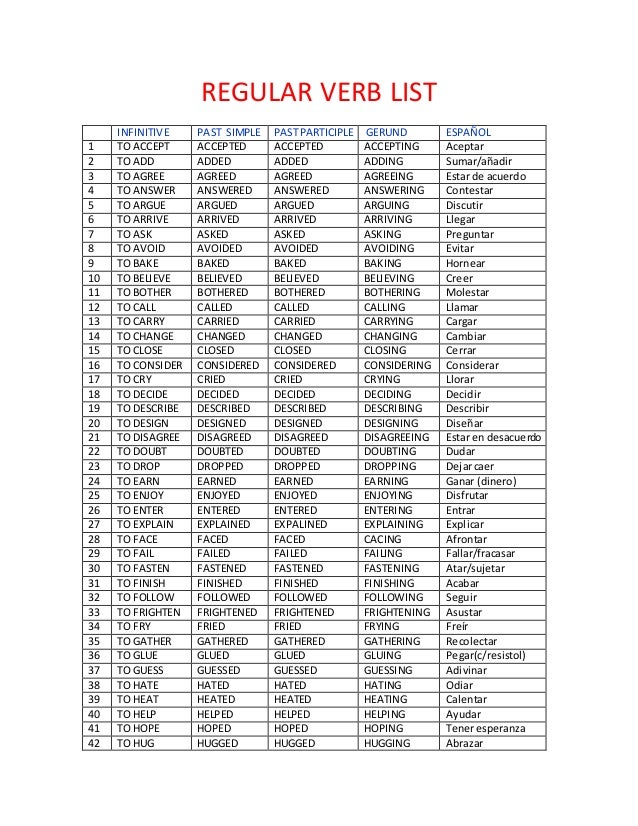
In Russian, the linking verb is usually not used, but in English it is mandatory.
Other examples of the verb to be:
He is a boy. He is a boy.
(literally translated "He is a boy.")
She is a girl. She is a girl.
(literally translated "He is a boy.")
It is a book. This is a book.
(literally translated "It is a book.")
We are children. We are children.
(literally translated "We are children")
You are children. You are children.
(literally translated "You are children.")
They are children. They are children.
(literally translated "They are children.")
Read these examples over and over. Make it easy to read.
Lesson 2. English verbs. We build the first proposals.
In English, as well as in Russian, there are verbs, i.e. words naming actions: live, eat, sleep, etc. Remember a few English verbs:
live [live] - live
eat [it] - eat, eat
sleep [slip] - sleep
speak [speak] - speak
Listen to how they should be pronounced:
live
eat
sleep
speak
Since we learned English personal pronouns in the previous lesson, we can now combine them with the verbs we learned in this lesson.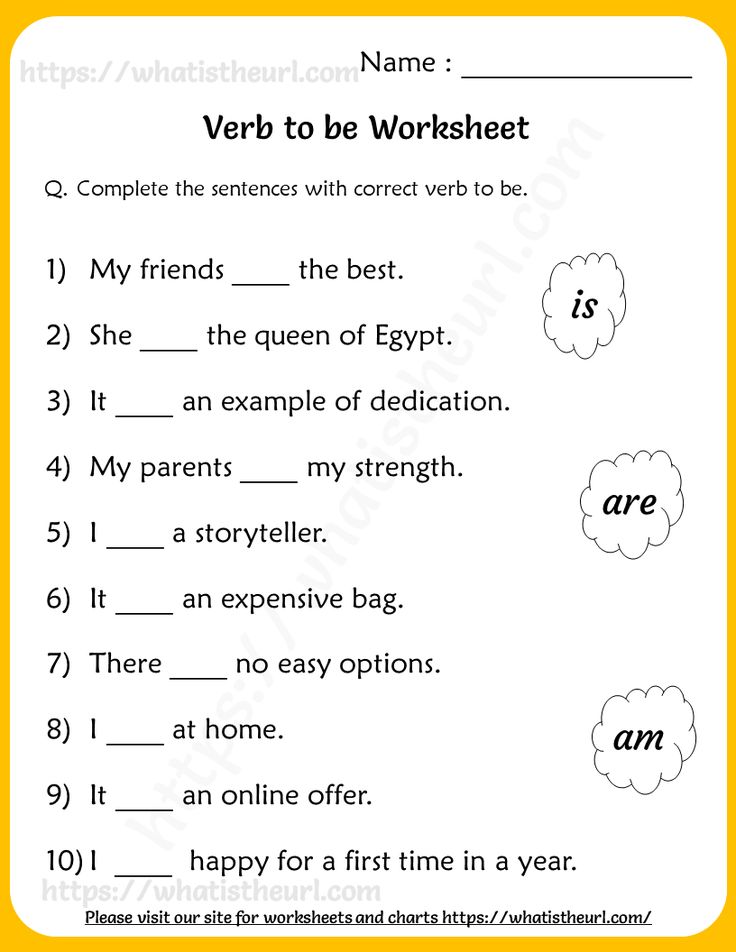 Here's what happens:
Here's what happens:
I live. - I live.
I eat. - I eat.
I sleep. - I'm sleeping.
I speak. - I say.
Here's how your first sentences sound in English:
I live.
I eat.
I sleep.
Congratulations! You have learned how to build the first and very simple English sentences. It's really very simple: you just need to put the pronoun and the verb together.
Try to say in English: We live. We are sleeping. They're eating. You are eating. You speak. They live.
However, in English sentences there is one small but very important feature: when verbs are combined with the pronouns he (he), she (she), it (he, she, it), the ending -s should be added to the verb:
He lives. [hi lives] - He lives.
She eats. [shi its] - She eats.
It speaks. [it spiks] - He (she, it) speaks.
Here is how these sentences should be pronounced in English:
He lives.
She eats.
It speaks.
In some cases, not just -s, but -es is added, but for now, you don’t need to go in cycles in this subtlety.
How are the verbs speak, live, sleep, eat translated?
In what cases is the ending -s or -es added to the verb?
We study English verbs (2 - 4 class) Part 1
9000
Presentation description by individual slides:
This presentation will help students at the initial stage of learning English verbs from grades 2-4. It can also be used in other classes for repetition.
Each verb is accompanied by an interesting photo.
The presentation uses these verbs: go - go, do - do, read - read, write - write, draw - draw, run - run, eat - eat, drink - drink, cook - cook, study - study, work - work, live - live.
After reading the presentation, a test is offered to practice these verbs. As well as the translation of sentences from Russian into English using these verbs.
- Rabenchuk Olga Nikolaevna
- 4071
- 02/19/2015
Material number: 399871
ATTENTION TO ALL TEACHERS: according to the Federal Law N273-FZ "On Education in the Russian Federation", pedagogical activity requires the teacher to have a system of special knowledge in the field of education and upbringing of children with disabilities.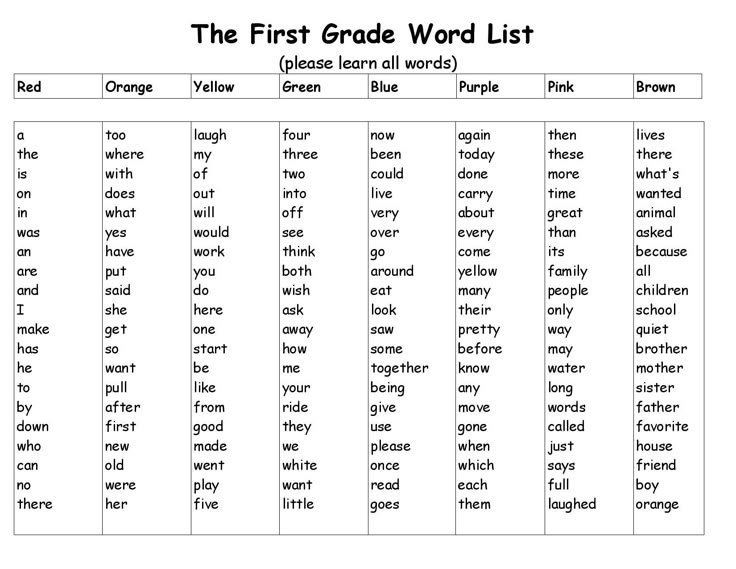 Therefore, for all teachers it is relevant to improve their qualifications in this area!
Therefore, for all teachers it is relevant to improve their qualifications in this area!
Remote course "Students with disabilities: Features of organizing educational activities in accordance with the Federal State Educational Standard" from the Infolesson project gives you the opportunity to bring your knowledge in line with the requirements of the law and receive a certificate of advanced training of the established form (72 hours).
- 02/19/2015
- 2355
- 02/19/2015
- 397
- 02/19/2015
- 510
- 02/19/2015
- 711
- 02/19/2015
- 319
- 02/19/2015
- 541
- 02/19/2015
- 760
Didn't find what you were looking for?
Copyrights to materials belong to their legal authors. Partial or complete copying of site materials without the written permission of the site administration is prohibited! Editorial opinion may be different from those of the authors.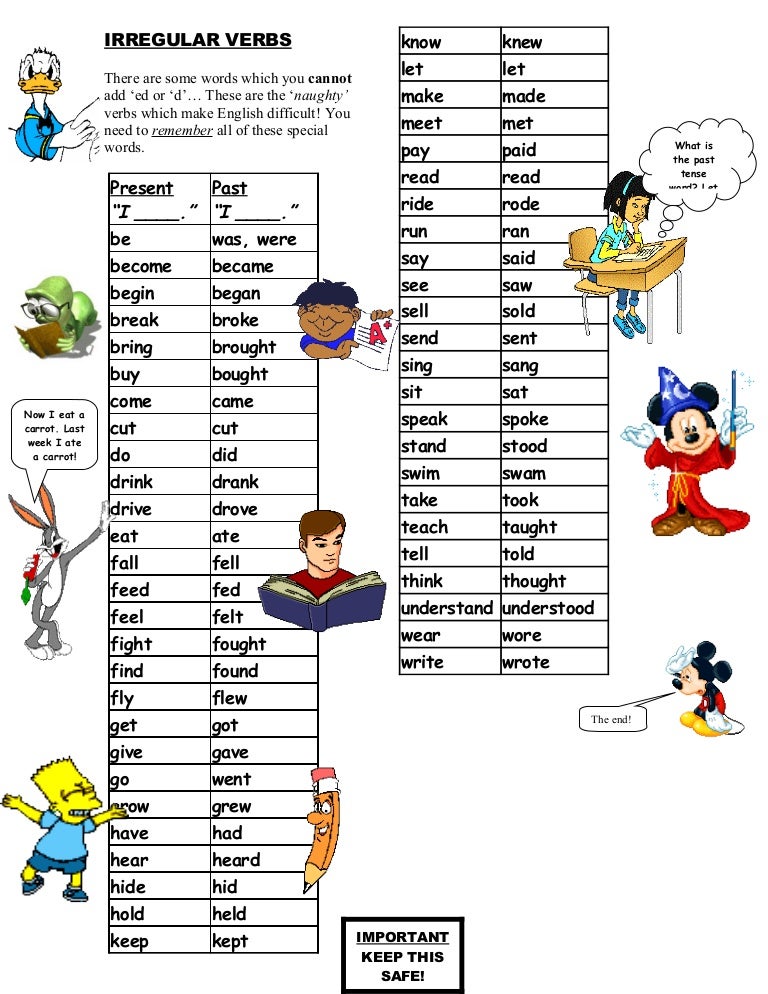
Responsibility for resolving any disputes regarding the materials themselves and their content is assumed by the users who posted the material on the site. However, the editors of the site are ready to provide all possible support in resolving any issues related to the operation and content of the site. If you notice that materials are illegally used on this site, please inform the site administration through the feedback form.
Sources: http://www.sbp-program.ru/angliyskiy-yazyk-2-klass/angliyskiy-yazyk-2-klass-glagol-to-be.htm, http://tonail.com/express- english-2/, http://infourok.ru/izuchaem_angliyskie_glagoly__2_-_4_klass__chast_1-399871.htm
Russian language lesson. Theme "Verb. Primary acquaintance". 2nd class
Asambaeva Elena Dmitrievna,
primary school teacher
I.A. Dombrovsky
Ten
10
Task 1. Write only the missing letters.
Write only the missing letters.
K…ra, light…smolder, p…lyana,
st…l…l, in…lchat, fluttered…,
l…skin, s…lacquer p... so.
Check!
10 points
9-8 points
7-6 points
5 or less points
Stranger
Gathered at word move guests.
Hike and go are talking. Nakhodka basking in the sun. Walk plays the harmonica. Walking jumping over pebbles on one leg. Even the trick itself granted. All word move are waiting.
The word came out move on the porch, looked at the guests and immediately noticed the stranger. He ordered him to go away to his own!
Lesson objective: Learn:
1. What is a verb?
2.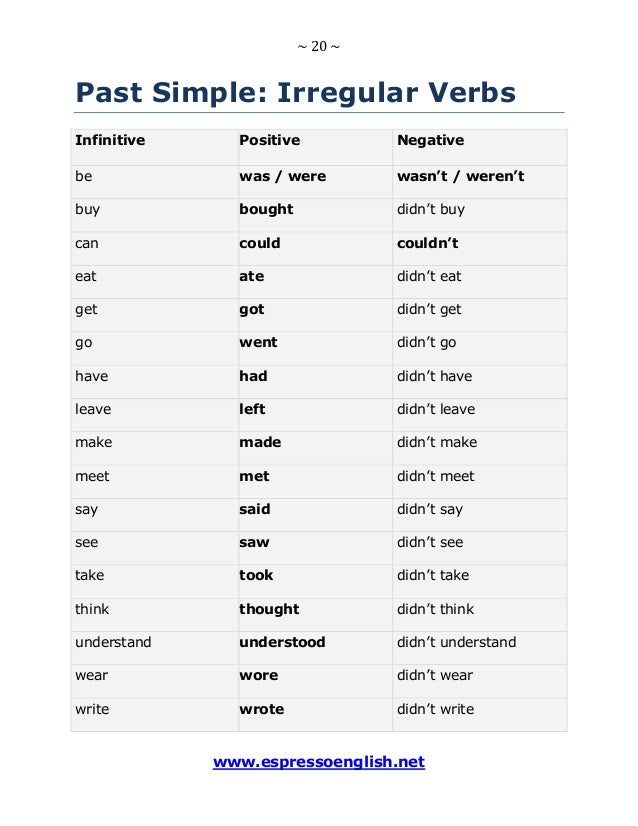 What does the verb mean?
What does the verb mean?
3. What questions does the verb answer?
Group work
Verb is….....
Indicates………
Answers questions……
Verb -
means
answers the questions:
is a part of speech,
the action of an object,
what to do? what to do?
what does it do? what will he do?...
Group work
Put a question to the word
The word answers the question
what to do?, what to do?, what to do?
Determine what the word means
Does the word mean the action of the object?
The river rests in winter, sleeps under the ice.
Aleksey Tolstoy
The last snow in the field is melting,
Warm steam rises from the ground,
And the blue jug is blooming,
And the cranes call each other.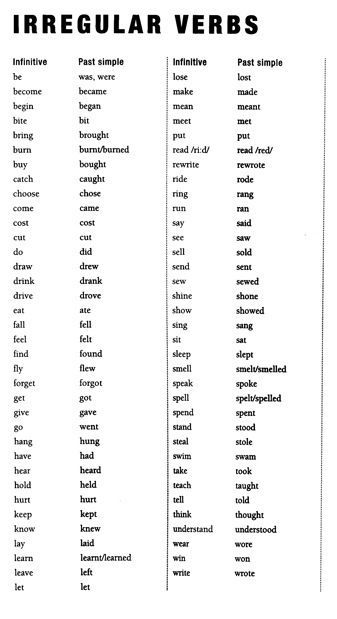
Young forest, dressed in green smoke,
Impatiently waiting for warm thunderstorms;
All springs are warmed by breath,
Everything is around and loves and sings;
It's dawning. It rings, I wake up, I don’t get up, I pull it, I sleep. Wakes up, gets angry: "You'll be late!".
I get up, dress, wash, swallow, drink, grab, run.
Waiting, waiting, not coming. Run Run. I'm late. Ringing. Late! I enter. They watch, they write down, I make my way, I sit down, I take it out, I open it. Call. I go, I stand, I am silent - I do not know. Received, went, sat down. Ringing!
Group work
1st and 3rd group
"Children's activities on March 8"
2nd and 4th group
"Mom's cares"
Test
1.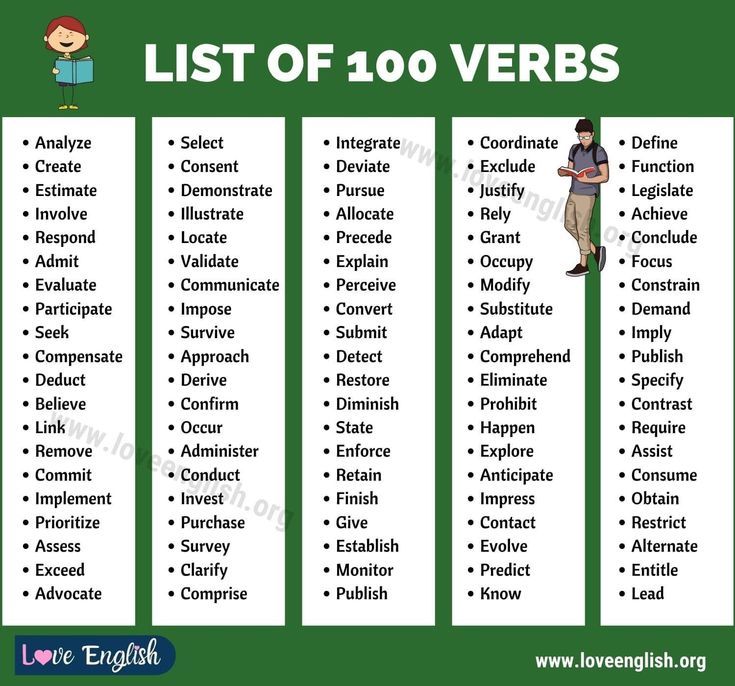 The verb answers the questions:
The verb answers the questions:
A. what? which? which?
B. who? what?
Q. What should I do? what to do?
2. The verb denotes:
A. Sign of the subject
B. Action
V. Subject
3. Verb - this:
A. Part of the word
B. Part of speech
V. offer member
Homework
On Monday I was washing
I swept the floor on Tuesday,
On Wednesday I was baking kalach,
I was looking for a ball all Thursday.
I washed the cups on Friday,
And on Saturday I bought a cake,
All my girlfriends on Sunday
Invited me to a birthday party.
Internet resources used:
http://www.litmir.net/br/?b=134138&p=9
http://www.litmir.net/br/?b=134138&p= 9
http://smayls.ru/smayliki-privetstvie.